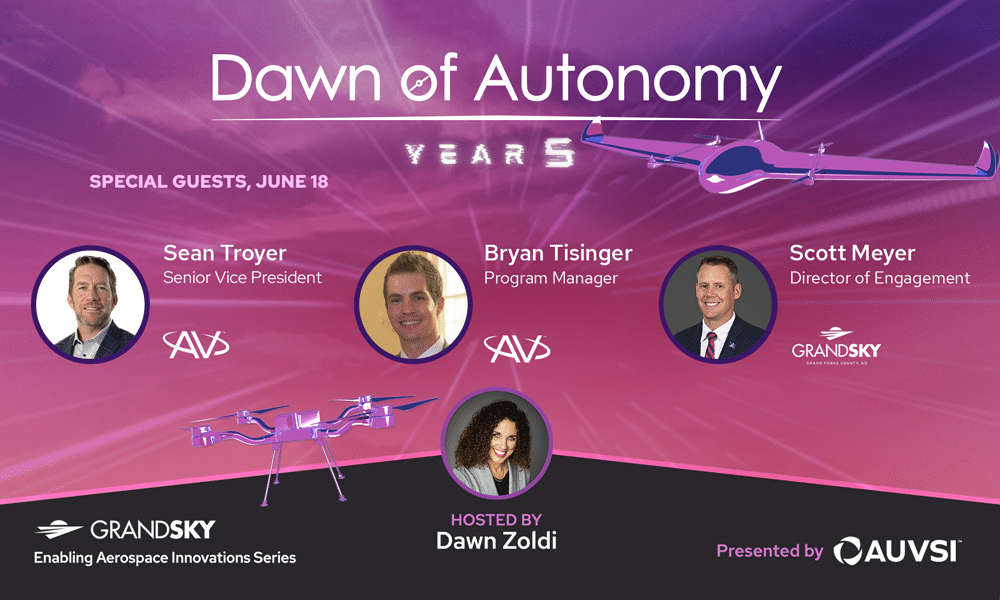Kate Darling Discusses the Future of Human-Robot Interaction
May 5, 2021

Robotic systems are increasingly moving from behind factory walls into homes, workplaces and other where they interact with humans. What societal challenges will we face in a future with robots as a result? Over the course of her XPONENTIAL keynote and Q&A session, Kate Darling, PhD, addressed this and other complex questions that must be faced on the pathway to assured autonomy. A leading expert in robotic ethics, Dr. Darling is a research specialist at the Massachusetts Institute of Technology (MIT) Media Lab, where she investigates social robotics and conducts experimental studies on human-robot interaction. To be successfully integrated across networks and domains, systems must be designed in a way that makes them safe and secure. But safety goes beyond assessing the technical ability of a system to fulfil its intended purposes.
Technologists must also consider how humans will interact with it and how its presence could alter the way humans interact with each other. And more broadly, society most consider how the increased proliferation of robots fits in with our codes of ethics and laws, which were created for a world in which humans were clearly separated from machines. In this way, the future of reliable and resilient human-robot interaction will stem from both system security and the security of their integration within society. Dr. Darling also emphasized that she views the true potential of AI and robotics as a supplement to human ability. Rather than trying to replace what humans do well, technologists can expand humanity’s capabilities by focusing on developing systems that supplement our existing abilities. This viewpoint has key implications for the future of the workforce. Rejecting narratives of an autonomous revolution as an inevitable workforce displacement, Dr. Darling urged her audience to view robotic and AI systems as tools or companions that can supplement human labor. By setting determinism aside, she argued, the unmanned and autonomous systems industry can lead conversations about technology that benefits humanity while remaining clear-eyed about the challenges and choices that lie ahead. Dr. Darling’s remarks demonstrate the importance of considering the three pillars of assured autonomy – safety, seamless integration and sound public policy – in a holistic manner. In examining advanced technologies, we can also learn about human responses and reflect on our society. You can read more about Dr. Darling’s perspectives in her new book, “The New Breed: What Our History with Animals Reveals about Our Future with Robots,” and join in more conversations about assured autonomy by registering for the in-person segment of XPONENTIAL 2021, which will be held in Atlanta from August 16-19.
- Industry News


